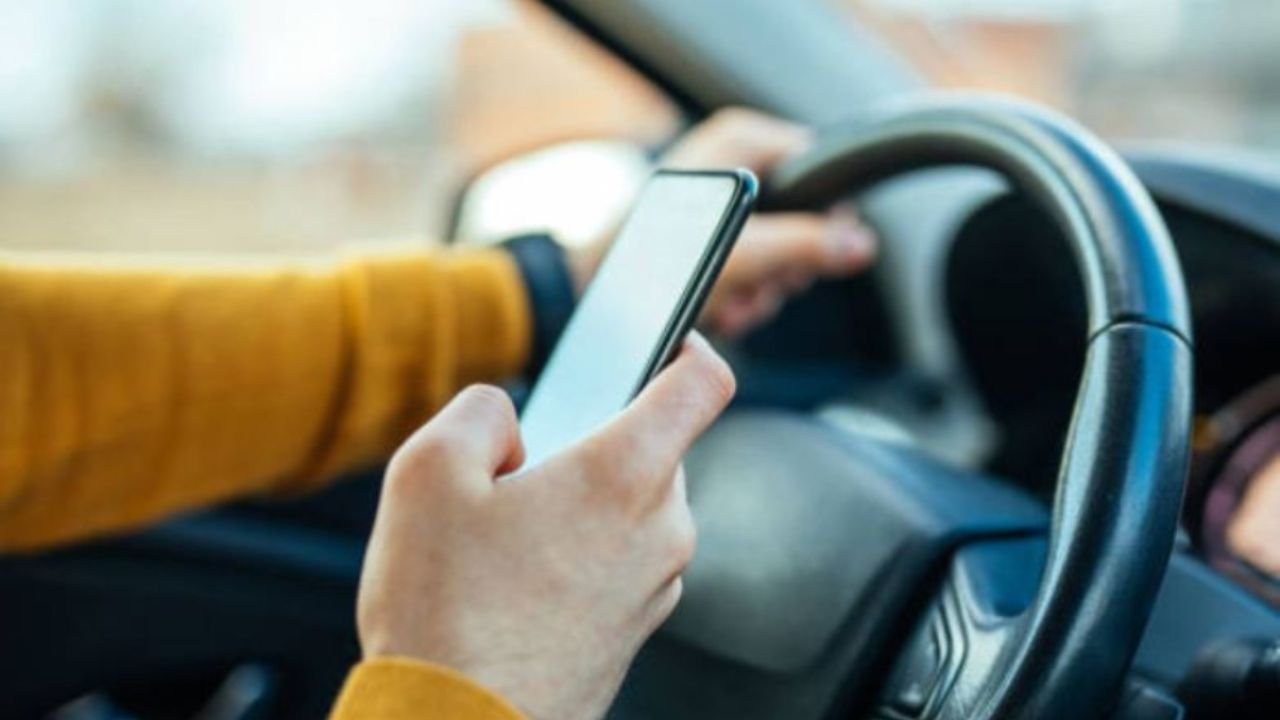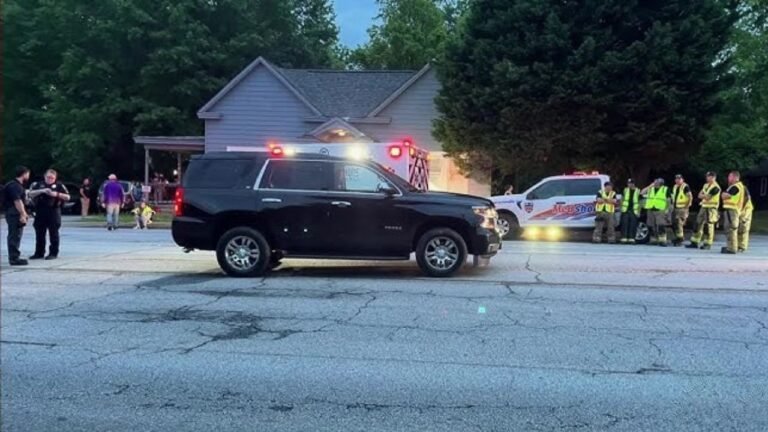South Carolina Enacts Hands‑Free Driving & ALPR Rules to Boost Safety and Privacy
COLUMBIA, S.C. — In a major push toward safer and smarter driving, South Carolina this year passed two landmark laws: a hands‑free and distracted driving ban, effective September 1, 2025, and stricter regulations governing automatic license-plate reader (ALPR) camera usage on public roads. Both aim to protect road users—one by reducing distractions, the other by protecting privacy.
Hands-Free Driving Law: Stronger Distraction Rules
Beginning September 1, 2025, drivers will no longer be allowed to hold or support a mobile device while driving. This includes phones, tablets, GPS units, and any device used to read, type, or even watch videos (South Carolina DPS details the new law, South Carolina Legislature bills). The law allows hands-free setups such as Bluetooth, dashboard mounts, or voice-controlled systems (South Carolina Legislature summary).
Key stats on distracted driving in SC:
- Distracted/inattention was a factor in over 9,200 crashes in 2022, including 877 in Beaufort County alone (WJCL report).
- Current state data shows SC averages two crashes every hour related to distracted driving (SC Department of Insurance, Distracted Driving page).
- Nationally, researchers note that texting while driving increases crash risk sixfold (SC Department of Insurance).
Penalties & Enforcement Timeline
- Initial 180-day warning period begins September 1, 2025, during which drivers will receive warnings only (Floyd Law explanation).
- After six months, first offenses will incur a $100 fine, while subsequent offenses will carry a $200 fine and two license points (Floyd Law, WJCL).
- Law enforcement may only initiate traffic stops if an officer has a clear, unobstructed view of a driver violating the law (Floyd Law).
Why the Urgency?
South Carolina ranks among the highest in the nation for distracted-driving related crashes—and the state risks losing up to $50 million in federal highway funding by 2027 unless it adopts a primary enforcement hands-free law (AP News). Neighboring Georgia implemented a similar law in 2018 and saw a 7% drop in fatalities within six months (GHSA-backed SC summary).
ALPR Oversight Law: Balancing Safety & Privacy
Complementing distracted-driving reforms, the state passed Senate Bill 447 to set clear rules around automatic license-plate readers (ALPRs) (S. 447 bill text). Highlights include:
- Only government agencies—law enforcement, DOT, DPS—may use ALPRs for purposes like tolling, parking enforcement, or criminal investigations.
- Private entities are banned from using them on public roads (FastDemocracy S447 summary).
- Data must be deleted within 90 days, unless it’s related to an open criminal case (S. 447, section G).
- Agencies must publish written policies, provide staff training, and allow for annual audits (FastDemocracy S447).
Civil liberties group ACLU-SC cautioned that ALPRs can easily monitor people even on private property—raising constitutional concerns over mass surveillance (ACLU-SC report).
What This Means for Drivers and Residents
- Hands-free compliance: Plan to equip your vehicle with Bluetooth or dashboard mount setups; avoid handling any device once enforcement starts in March 2026.
- Privacy protection: ALPR data will now be managed under strict oversight—dropped after 90 days unless needed for investigation.
- Agency accountability: Public agencies must be transparent about ALPR use with oversight, audits, and clear legal boundaries.
Community Response
Law enforcement leaders noted the urgency in tackling distracted driving—one Master Trooper stated that a brief glance at a phone can lead to disastrous consequences at highway speeds (WJCL).
Meanwhile, civil rights advocates applauded the ALPR regulations as much-needed limits on unchecked tracking (ACLU-SC).
Are you already switching to hands-free setups ahead of the law? Have you noticed ALPR cameras in your community? Share your experiences and help illuminate how South Carolina’s roads are changing at SaludaStandard-Sentinel.com—we’re curious to hear from drivers, advocates, and privacy watchers alike.






